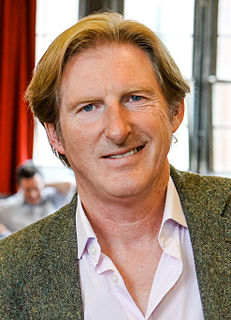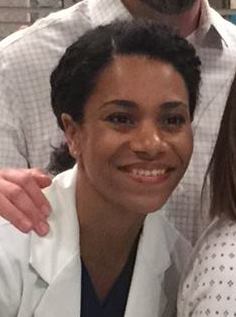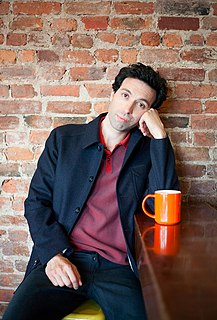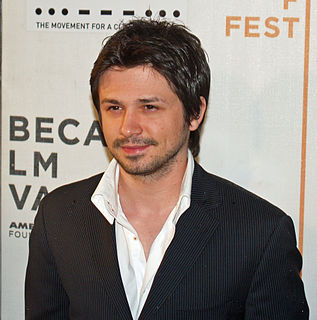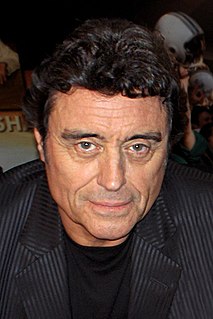A Quote by Rebecca Miller
I'm really interested in the minutiae of different tones and what that explains - how people's backgrounds are reflected in minute details of how they interact. It's true that I'm hypersensitive to all that. Writing is acting in the sense that you're imagining and inhabiting another. In the book I was trying to get at the root of what true acting is.
Related Quotes
Kurt Vonnegut talks about how we know there is another family out there and when we find it we get this almost instinctive sense of belonging. And that is how I felt in Enniskillen in 1977 when I realized there were these people of all ages, whatever their religion, from different backgrounds, who were bound together by a love of plays and acting.
Acting is a job you can learn a lot in. You get to play lots of different characters with different professions and different backgrounds; they come from different places than you do, so it's really fun when you're immersing yourself in that world of that person to learn about how other people's lives are.
What I try to do often when I'm acting and what I like when I'm seeing good acting is how authentic it is. How true is this to what I know of the world that's been created for me? The ultimate test for me is, like, if I heard a clip of it on the radio, I'd like the audience not to know if I'm acting.
It takes a certain kind of mind to narrate, to work through character motivation, to be unforgiving to one's writer-self when it comes down to creating the minutiae of detail. Writing fiction requires stamina, a sense of how people's lives work, how people work toward and against one another and, above all, precision.
I came out with a book called The True Secret of Writing: Connecting Life with Language. It's a book that describes how writing is a practice and how my teaching is part of that practice. I direct the writing and create books but underneath, there's always the river of practice happening. No good, no bad. Just do it.
Writing a book about [Buckminster Fuller] in the sense of deciding how much to - how much biographically to gloss over and how much I can leave out is relatively easy as it is because the true believers already know everything. They know a lot of things that are not true and they know a lot of things that I thought were (and seems there's very good evidence not to believe) and therefore, my starting point was I think to tell his myth because that's what grabbed me.
Modern acting is method acting, most of it. And there are sort of different schools, so I guess I'm not really from one school or another. I had a number of different teachers but they were all kind of drawing from the same pool, which is - What do you want? What are you doing to get what you want? And, what is in the way? These are basic acting questions. Knowing the answers to those questions. So you're talking about objectives and actions and obstacles. That's a sort of shorthand that gives you a language.
It's good to be happy and tell us how cool your life is and how awesome you are on social media. It inspires other people to be happy, too. But a lot of times, people are trying to be happy in the wrong ways - with money or with different things that are not true happiness. It's leading people down a rabbit hole that actually doesn't exist. So people think like, "Yo, once I get this money and these cars and stuff, I'ma be so happy." But that's not true. And I feel like that's why it's very important to educate people on different things while you are actually on social media.

